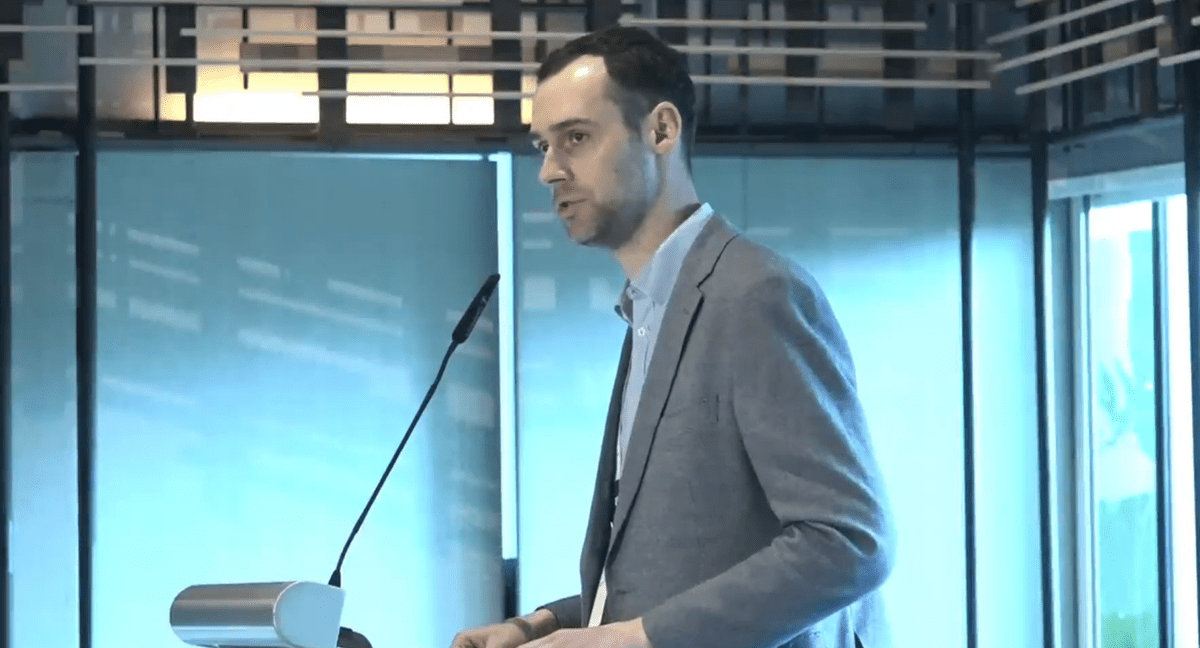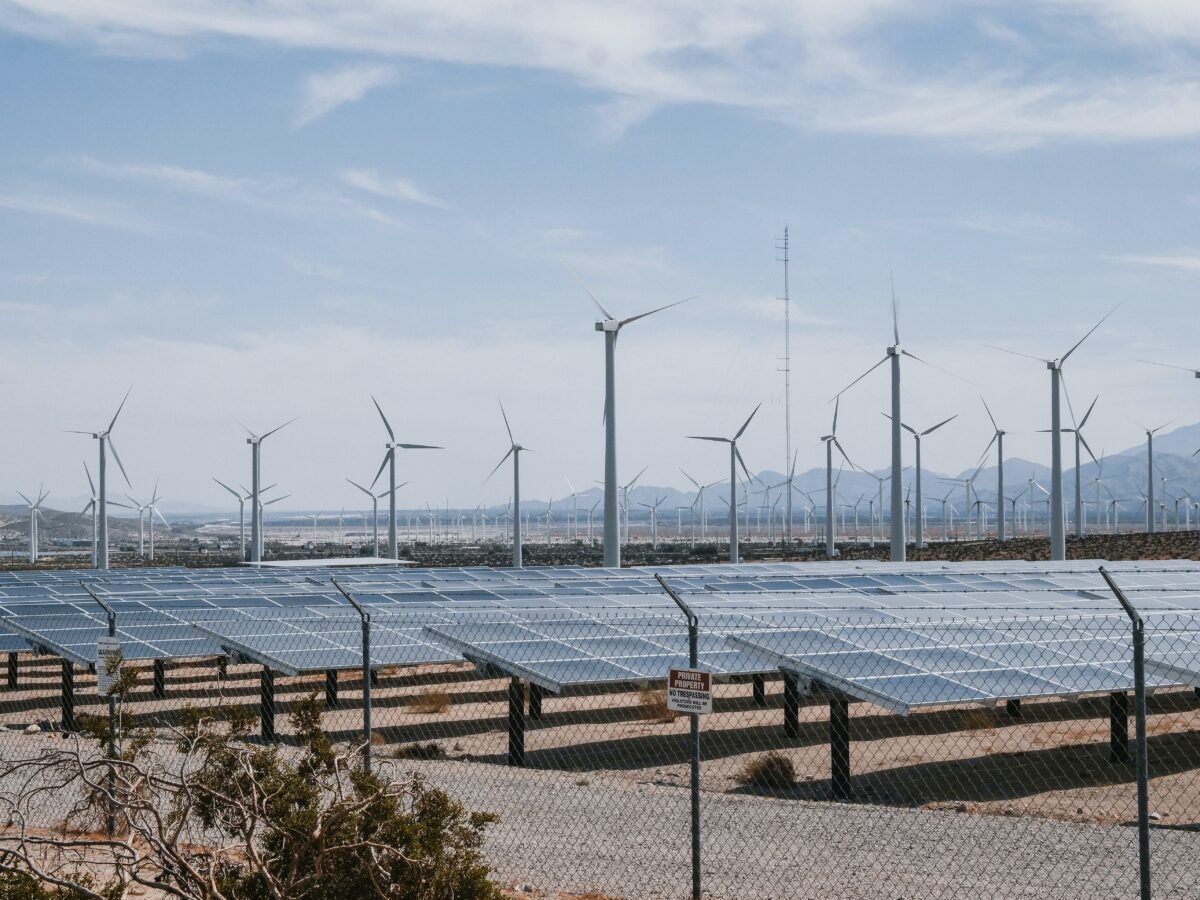As Australian climate policy development enters its most constructive phase for over a decade, the Carbon Market Institute’s (CMI) annual business survey revealed a growing view that net zero emissions will need to be achieved earlier, and that a stronger focus on negative emissions should be central to Australia’s ambition. However concerns about cost and integrity have risen alongside uncertainty about looming policy changes as business grapple with the scale of medium term urgency needed.
Now in its 9th year, the Australian Business Climate Survey provides the latest insights into Australian business leaders’ views toward climate policy, as well as the actions of the business community in leading the transition to net zero and beyond. This year’s was completed by 262 respondents, 60% of which were Senior Executives, C-Suite or Board members, and 48% were CMI members.
In a year which has seen Australia’s upgraded Nationally Determined Contribution (NDC) submitted to the United Nations and its 2030 target enshrined in law for the first time, the 2022 survey reflected a significant shift in long term business ambition. 71% of respondents now say 2050 will not be soon enough and almost two-thirds (61%) calling for Australia to set a target for net negative emissions.
However, while a stronger vision beyond net zero emissions was a significant development, questions remained about the approach and targets required in the medium term, with only half (52%) of respondents pushing for a 2035 target in excess of 60% – a figure still below the at least 70-75% which many in the scientific and investor community say is more aligned to Australia’s fair share of the effort to help limit global warming to 1.5oC.
In the face of the realities of the transition, respondents’ short-term outlook demonstrated a pragmatic stance, with cost (47%) ranked as the number one barrier to decarbonisation investments for the first time, overtaking policy and regulatory uncertainty (42%). Key investment drivers have also become more immediate, with stakeholder demands (64%) and commercial opportunities (64%) overtaking long term strategy and reputation management.
With a number of policies and frameworks currently undergoing review and reform, integrity also came into greater focus in this year’s survey. As such, a level of uncertainty was reflected in an average score of just over 6 out of 10 on the current integrity of Australia’s carbon crediting frameworks, governance and ACCUs. Respondents also shared strong views on the complementary policies required to drive decarbonisation at-scale, with 87% calling for set sectorial targets to be set for net-zero emissions by 2050.
In terms of supply of carbon credits, a significant proportion of respondents (48%) believed that Australia did not have enough carbon credit supply to meet domestic demand over the next 3-5 years. While this is still lower than in 2021 (52%), it highlights the importance of providing durable support and confidence to landholders, as well as to businesses considering these investments.
“This year’s survey shows yet another significant shift in business recognition of the scale of the challenge in front of us, reflective of the transformational changes to Australia’s policy landscape, the realities of this business transition and of course the first-hand impacts of climate change we have witnessed in the last 12 months. Change is here, and it’s real,” said John Connor, CMI CEO.
“However there still appears to be a gap in understanding around the level of urgency required in the medium term to realise these ambitions. We must aim high and put the structures in place for greater ambition in future, but at the same time work to urgently decarbonise in the short-term.”
“As we navigate the most constructive phase of climate policy development for over a decade, the results also understandably reflect the difficult period of transition and range of challenges currently facing the business community, and the level of concern and anxiety that comes with that,” he said.
Key findings:
• 61% of respondents said Australia should set a target for net negative emissions
• 71% of respondents said Australia’s net-zero emissions commitment should occur before 2050.
• 52% of respondents pushed for a 2035 target in excess of 60% – significant but still below the 70-75% which many in the scientific and investor community are recommending.
• 87% of respondents said Australia should set sector-specific net zero targets for 2050.
• 48% of respondents said Australia does not have enough carbon credit supply to meet domestic demand over the next 3-5 years, though this was slightly down on last year (52%)
• 56% of respondents forecasted an ACCU price of over $60 by 2030, compared to over $40 predicted by the majority of last year’s respondents (66%).
• Carbon border adjustment mechanisms (CBAMs) are slightly less of a concern for respondents, with this figure dropping significantly from 2021 (81%), potentially reflecting the impact of impending domestic policy changes.
• Respondents were relatively split on whether Australia should allow voluntary commitments to contribute to its NDC (in addition to current compliance commitments), with marginally more (48%) respondents in favour of the move compared to 38% of respondents in opposition
• 87% said the longer Australia delays decarbonisation, the more abrupt, forceful and disruptive the policy response will need to be, especially for carbon-intensive industries.
• 75% of respondents disagreed or were unsure about Australia’s ability to leverage private investment in emissions reduction and climate action, proportionate to its economy and role on the global stage.
• 86% said Australia should provide greater finance, technical assistance and/or capacity building to developing countries to address irreversible loss and damage, and assist with adaptation.
• On a scale from 1 to 10, respondents gave an average score of just over 6 in regard to the current integrity of Australia’s carbon crediting frameworks, governance and ACCUs.
• 73% of survey respondents said that a common framework of governance and assurance over environmental and social outcomes (co-benefits) should be developed.
• Stakeholder demand (65%) and commercial opportunities (64%) ranked as the most important drivers for business in the transition, reflecting the realities of increasing consumer and investor demands, and replacing long term strategy and reputation as key drivers in 2021.
• Cost (47%) ranked as the number one barrier to decarbonisation investments for the first time, however policy and regulatory uncertainty (42%) still remained a significant barrier.
View the Australian Business Climate Survey 2022, here.
About the Australian Business Climate Survey
Now in its 9th year, the Australian Business Climate Survey provides the latest insights into Australian business leaders’ views toward climate policy, as well as the actions of the business community in leading the transition to net zero and beyond. This year’s survey was completed by 262 business respondents, 60% of which were Senior Executives, C-Suite or Board members, and 48% were CMI members.
About the Carbon Market Institute
The Carbon Market Institute (CMI) is an independent member-based organisation that is an industry association championing best practice for business leading the transition to net zero emissions and beyond. Its 140+ members include primary producers, carbon project developers, Indigenous corporations, legal, technology and advisory services, insurers, banks, investors, corporate entities and emission intensive industries developing decarbonisation and offset strategies. The positions put forward constitute CMI’s independent view and do not purport to represent any CMI individual, member company, or industry sector.
For further information, contact Thomas Hann on 0408880536 or thomas.hann@carbonmarketinstitute.org



